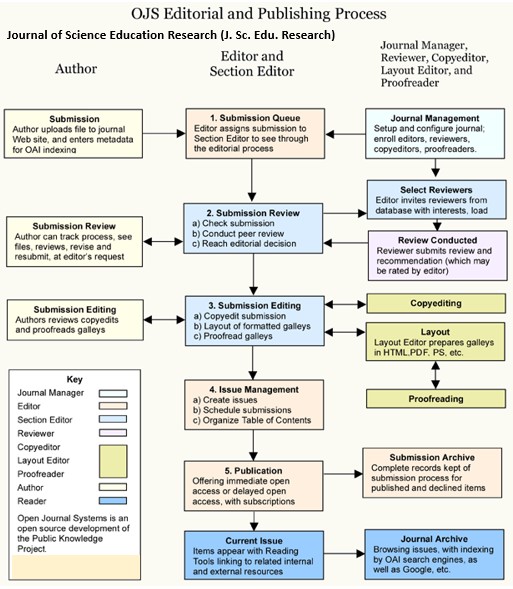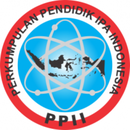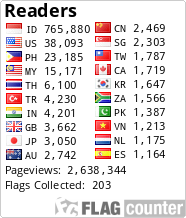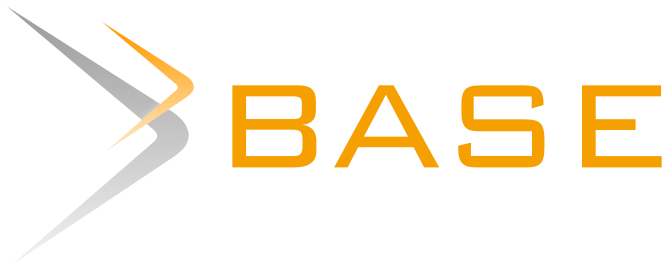- Focus and Scope
- Section Policies
- Peer Review Process
- Publication Frequency
- Open Access Policy
- Call for Papers
- Procedure to Avoid Plagiarism
- Author Fees
- Archiving
Focus and Scope
Journal of Science Education Research (J. Sc. Edu. Research) is to provide a forum for the sharing, dissemination and discussion of research, experience and perspectives across a wide range in science education implemented in primary education, secondary education, and tertiary education. J. Sc. Edu. Research considers articles in the following sections:
- Curriculum & Teaching Studies in Science
- Educational Assessment & Evaluation in Science
- Science Education in Higher Education
- Information & Communications Technology in Science Education
- Professional Education & Training for Teacher's Science
- STEM Education
- Education & Development in Science Education
- Indigenous knowledge in Science Education
Criteria for publication in this journal are novelty, quality, and general interest in experimental and theoretical science education. Articles are welcome that deal with theoretical analyses, meta-analysis reviews, and results of research or empirical studies from all aspects in science education.
Theoretical articles, often referred to as 'fundamental' papers, are a category of scholarly works that deal with abstract concepts, models, and frameworks. Their primary purpose is to lay the groundwork for further research by advancing theoretical frameworks, proposing new concepts, and promoting critical thinking within the academic community. Meta-analysis articles is a systematic review of a focused topic in the literature that provides a quantitative estimate for the effect of a treatment intervention or exposure. A result of research or empirical studies or experimental papers is an article in which the authors report on the research they did. Experimental papers are expected to be brought into relation with theory, and theoretical papers should be connected to present or future experiments.
Manuscripts that apply routine use or minor extensions or modifications of established and/or published experimental and theoretical methodologies are appropriate if they report novel results for an important problem of high interest and/or if they provide significant new insights.
Section Policies
Articles
Peer Review Process
All submitted manuscripts in Journal of Science Education Research (J. Sc. Edu. Research) are evaluated by the editorial staff. The manuscripts that evaluated by editors to be inappropriate to journal criteria are rejected promptly without external review. Manuscripts evaluated as potential interest to our readership are sent to double blind reviewers. The editors then make a decision based on the reviewer’s recommendation from among several possibilities: rejected, require major revision, need minor revision, or accepted. The Editor shall inform you of the results of the review as soon as possible, hopefully Maximun in 30 days.
All Research Articles and Review Articles published in the journal have undergone rigorous peer review, based on initial Editor screening and anonymised review by at least two independent reviewers. All Data Notes published in this journal have undergone rigorous peer review, based on initial screening by a Senior Editor or Editor and anonymised review by at least one independent reviewer.
The journal reserves the right to reject submissions after editorial screening should the submission not meet certain minimum requirements to be sent for external review.

Publication Frequency
March and September
Open Access Policy
Journal of Science Education Research (J. Sc. Edu. Research) is an open access journal and only publishes open access articles. Publishing open access means that your article will be free to access online immediately on publication, increasing the visibility, readership, and impact of your research. This journal provides immediate open access to its content on the principle that making research freely available to the public supports a greater global exchange of knowledge.
Why choose open access?
- Increase the discoverability and readership of your article
- Make an impact and reach new readers, not just those with easy access to a research library
- Freely share your work with anyone, anywhere
- Comply with funding mandates and meet the requirements of your institution, employer or funder
- Rigorous peer review for every open access article
Call for Papers
Submission open for the edition of Maret and September.
Journal of Science Education Research (J. Sc. Edu. Research) is an open access peer reviewed research journal on basic sciences area that is published by Universitas Negeri Yogyakarta. Journal of Science Education Research (J. Sc. Edu. Research) welcomes and acknowledges high quality theoretical and empirical original research papers, case studies, conceptual framework, analytical and simulation models, technical note about education at any topic from researchers, academicians, professional, practitioners and students from all over the world. Article are submitted online in the journal site (http://journal.uny.ac.id/index.php/jser/)
Procedure to Avoid Plagiarism
After we receive the articles, we send it to the admin who are responsible for Turnitin account that our university has. He will do the scanning process. From the result of scanning, if we do not find any plagiarism, we will forward the articles to the editor. However, if we find that there is a plagiarism, there will be two actions. First, if the plagiarism is less than 25%, we recommend the writer to revise his/her paper/article. Second, if it is more than 25%, we will reject the papers/articles.
Author Fees
This journal charges the following author fees.
Article Submission: 0.00 (IDR) or US$ 0.00
Authors are not required to pay an Article Submission Fee as part of the submission process to contribute to review costs.
Article Publication: 500000.00 (IDR) or US$ 40
If this paper is accepted for publication, you will be asked to pay an Article Publication Fee to cover publications costs. This publishing fee will not influence editorial decision making.
Archiving
This journal utilizes the LOCKSS system to create a distributed archiving system among participating libraries and permits those libraries to create permanent archives of the journal for purposes of preservation and restoration. More ... .








_-_Copy1.jpg)
.jpg)




